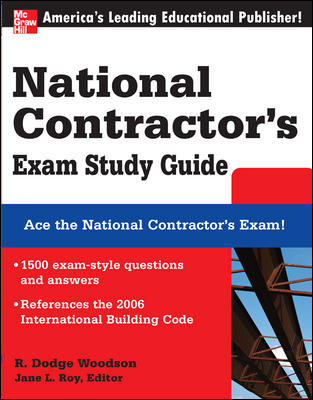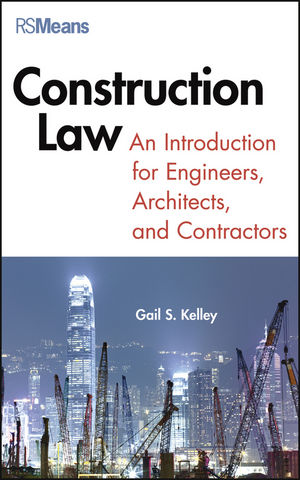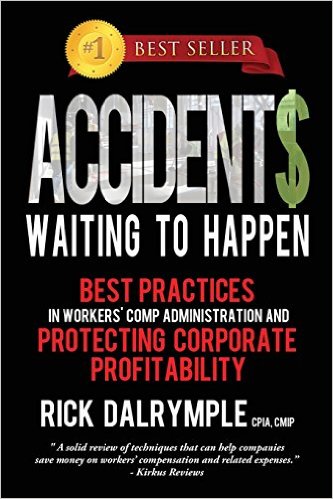Litigation
Roofers See Growing Curbs on Contractor-Insurer Communication
Fla. appelate court affirms underpinning of 'arms-length' to ensure accountability

A decision by Florida’s 5th District Court of Appeals affirmed reforms made five years earlier to reign in the use — and some say abuse — of Assignment of Benefit agreements allowing homeowners to have contractors collect money directly.
— Image courtesy of law.com
5 Takeaways
- Distinction is a Difference: A Florida appeals court affirmed that a Direction to Pay, which allows a policyholder to authorize direct payments to a contractor, is not the same as an Assignment of Benefits, which transfers claim rights to the contractor.
- Legal Standing in Insurance Claims: The court ruled that entities like HICA cannot sue insurers for homeowners without a valid AOB. This highlights the need for contractors to secure proper legal agreements in insurance claims.
- Stay in Your Lane: States are cracking down on a perceived or actual lack of arms-length relationships regarding homeowners and their insurance payouts.
- Impact of AOB Reforms on Contractors: Florida's 2019 AOB reforms aim to reduce litigation and insurance costs by preventing misuse of AOB agreements.
- Emphasis on Professional Boundaries: Florida and Iowa each emphasize the need for contractors to adhere to legal standards and focus on their core skills.
Florida’s 5th District Court of Appeals upheld a ruling last week that a “direction to pay” agreement is not an “assignment of benefits” in a disputed roof repair claim, affirming the state’s effort to curb misuse of AOB agreements, which were all but outlawed after a series of reforms enacted five years ago.
The ruling stems from a 2019 roof damage claim by Leonard Caruso, a homeowner in The Villages, Fla., who reported roof damage to his carrier, American Integrity Insurance Co., and chose Noland’s Roofing to perform repairs. Caruso signed a “Direction of Payment” form, allowing the insurer to pay the contractor directly.
Subsequently, Caruso signed an AOB contract with Holding Insurance Companies Accountable, a company that claims to help homeowners “enforce their insurance rights” and had been involved in similar litigation.
In fact, HICA filed a motion to dismiss the case, which the court rejected, cited precedence in declining the move: “[T]he issue presented is one of importance and for which a published decision would be helpful,’ we do not accept HICA’s notice,” the decision read.
The court determined that Caruso’s agreement with HICA did not meet the statutory definition of an AOB under Florida’s reformed insurance laws and that HICA principals had pledged to give recovery from the lawsuits to Noland’s Roofing, the chosen contractor.
The trial and appellate court judges noted that HICA's action was a distinction without difference and an AOB in all but name only.
“As the trial court found, this mandatory pass-through of benefits from HICA to Noland’s Roofing places the assignment within the broad reach of section 627.7152,” Judge Harvey Jay wrote in the Jan. 3 opinion.
“Even though HICA will not personally scale Caruso’s house to repair his roof, it is seeking funds to facilitate those repairs,” Jay’s decision continued, determining that “[W]ithout a valid assignment, HICA has no standing to sue American Integrity for its alleged breach of Caruso’s insurance policy.”
Understanding “Direction to Pay” and Assignment of Benefits Reforms
A DOP is an arrangement where the policyholder authorizes the insurer to pay a contractor directly for repairs. Unlike an Assignment of Benefits, a DOP does not transfer claim rights to the contractor. Florida lawmakers reformed AOB laws in 2019 to address rampant abuse by third-party contractors and legal representatives, which they argued drove up litigation and property insurance premiums.
The Florida Justice Reform Institute has criticized businesses like HICA, stating they “seek to make an end-run around the Legislature’s assignment of benefits reforms.” The reforms bar contractors and other third parties from assuming insurance benefits, aiming to prevent frivolous lawsuits and fraudulent claims that have long plagued Florida’s insurance market.
 The Issue of ‘Arms-Length’
The Issue of ‘Arms-Length’
The notion of contractors overstepping their roles is not unique to Florida. The crux of the issue is a central tenet of contract law known as acting at “arms-length.”
Essentially, an arms-length transaction is one where each party in a contract is free to negotiate and make decisions based on their best interests without undue influence or pressure from the other party.
In Iowa, the state’s Insurance Division has intensified efforts to address roofing contractors acting as unlicensed public adjusters, violating state law. According to the Iowa Insurance Division, contractors cannot negotiate with insurers on behalf of homeowners without a public adjuster license and with whom they have a financial self-interest. Acting as an unlicensed public adjuster has resulted in fines and legal action.
In a 2023 advisory, Iowa’s Insurance Division stated, "Roofing contractors should focus on their expertise — repairing roofs — and leave claim negotiations to licensed professionals."
Broader Industry Implications
According to the Insurance Information Institute, Florida’s legal environment has historically accounted for a disproportionate share of property insurance litigation nationwide. Florida’s insurance reforms could influence similar efforts in other states grappling with high property insurance costs.
David Altmaier, Florida’s former insurance commissioner, emphasized the need for these reforms, stating, “The goal is to stabilize the market and bring down costs for consumers while ensuring legitimate claims are paid.” By reducing abuse of AOB agreements, Florida aims to curb escalating premiums and attract more insurers to the state.
Similarly, the Iowa Insurance Division's crackdown on unlicensed public adjusters reflects a national trend of stricter regulations in the roofing industry. Contractors should prepare for increased oversight by following legal guidelines and collaborating with licensed adjusters when needed.
Roofing contractors in Florida and other states need to stay updated on changes to Assignment of Benefits reforms and the enforcement of unlicensed practices. As states tighten regulations, contractors nationwide may need to adapt to similar market changes.
Looking for a reprint of this article?
From high-res PDFs to custom plaques, order your copy today!









